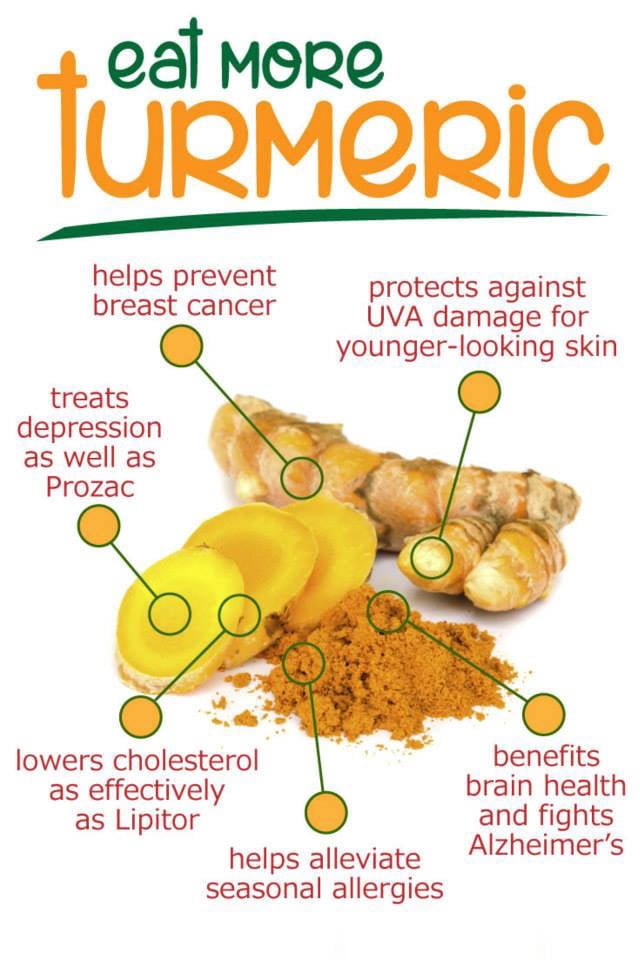Research has shown that curcumin, which also provides spice turmeric the hallmark vibrant yellow coloring, may be used as a natural remedy for tendonitis by suppressing biological mechanisms which ignite inflammation in diseases of the tendon.[1] The tough cords of fibrous connective tissue known as tendons, which join our muscles to our bones, are necessary for motion because they shift the muscle contraction force to our bones. They are however susceptible to injury, especially in athletes that could overuse their joints and overstretch themselves. Tendonitis is a type of inflammation of the tendon that causes pain as well as tenderness close to the joints and is particularly prevalent in elbows, shoulders, hips, knees, wrists and heels. Some other types of typical tendon conditions are Achilles tendonitis and also golfers and tennis elbow.
The only tendonitis treatment is to alleviate pain and lessen inflammation and the only medications that are useful in managing tendonitis tend to be NSAIDS (non-steroidal anti-inflammatory drugs), like ibuprofen or aspirin. In more severe instances of tendon injuries, steroid shots may be given straight in to the tendon sheath to manage pain and allow physical therapy to begin.
Steroids and NSAIDS are however linked to undesirable side effects such as nausea, abdominal ulcers, heartburn, vomiting, diarrhea, head ache, constipation, fatigue and drowsiness. Therefore, there is a serious requirement for new tendonitis treatment options with less debilitating side effects.
This study centers on curcumin, a main ingredient in turmeric powder that has been made use of in ‘Ayurvedic’ or traditional Indian medicine for centuries as an anti-inflammatory and treatment for symptoms associated with irritable bowel syndrome and other ailments. The research utilized a culture model of inflammation of human tendon to examine the anti-inflammatory capabilities of curcumin on cells of the tendon.
The results demonstrated that adding curcumin to the culture system suppresses NF-kB and stops it from switching on and prevents the promotion of more inflammation, suggesting a potential tendonitis treatment. Research has also linked curcumin to potential uses in managing arthritis as well as various rheumatic diseases and even as a potential agent to destroy cancer cells.

Image Source – easyhealthoptions